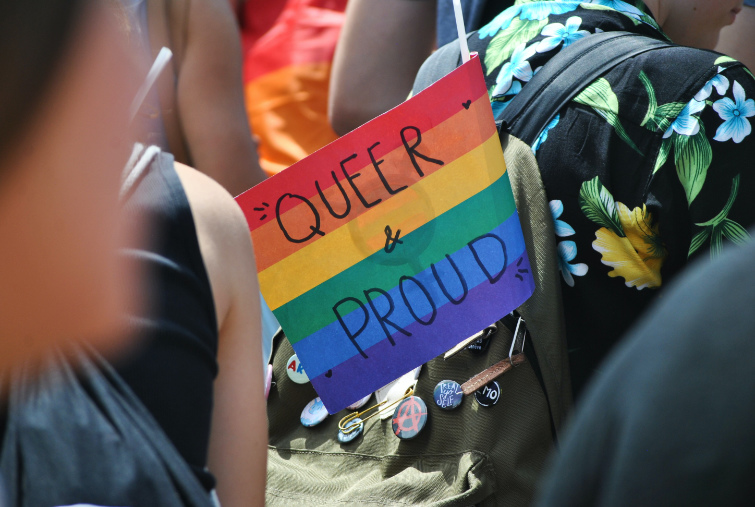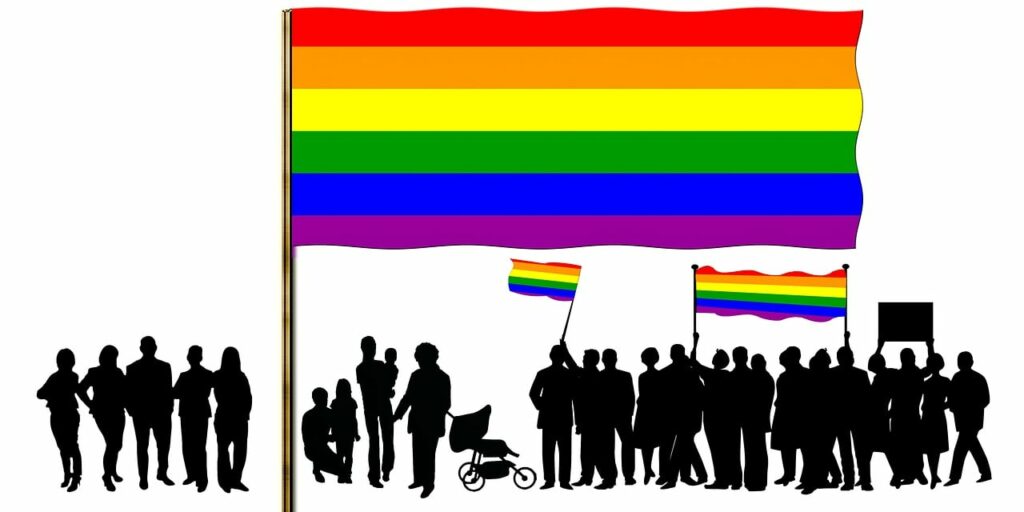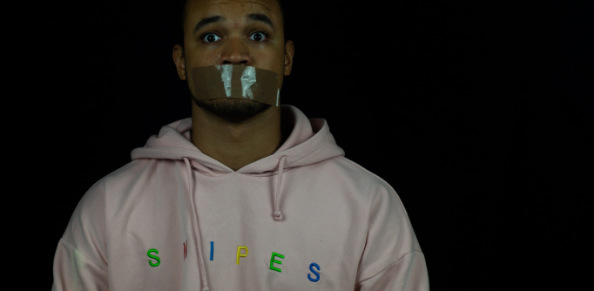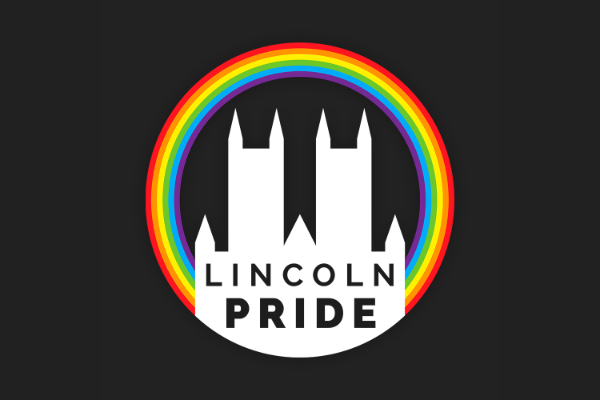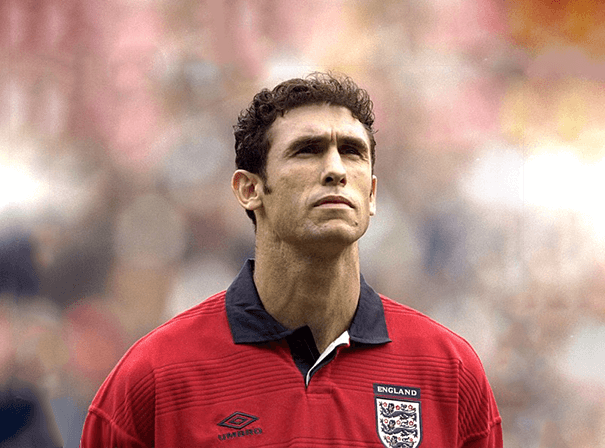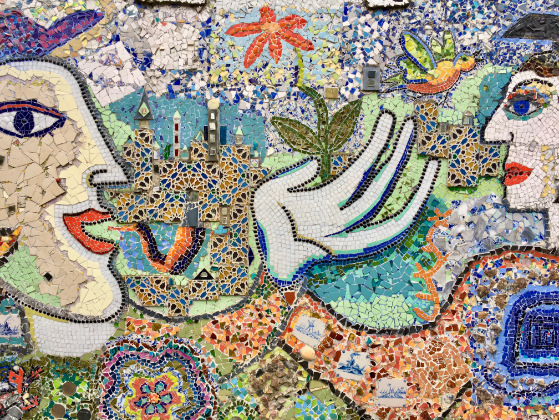There has been a significant rise during lockdown in the UK in the number of LGBT people seeking suicide-prevention support.
Support group LGBT Hero reports 11,000 people have accessed its suicide-prevention web pages – up over 44% on the first three months of the year.
And other LGBT charities have service users who have killed themselves. The government considers LGBT people to be at higher risk of suicide but no national data on LGBT suicides is kept.
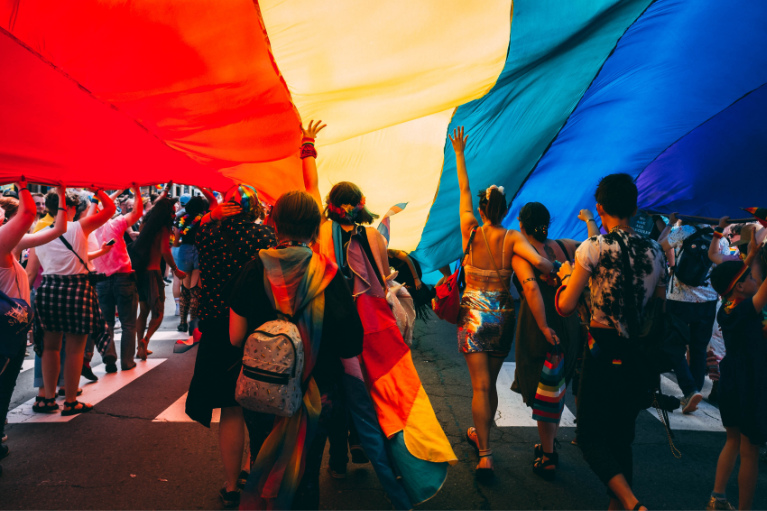
There are usually many factors that can lead someone to kill themselves. Just months after celebrating his 20th birthday, Elaine’s son, Jack, killed himself, in April. He had been in contact with LGBT support services, both online and in person. But Elaine says he “massively struggled” with being disconnected from the community during lockdown.
“I knew he was struggling with his sexuality,” she says.
“And he was in contact with some LGBT groups.
“But I just wish he’d have held on.
“He had so much ahead of him.”
Jack moved out of his parents’ house in his teenage years and headed to London. But he had recently returned to his hometown, in the South East, after the breakdown of a relationship.
“I’m guessing that lots of gay people in these situations have families that don’t accept them,” Elaine says.
“But we loved and supported him.
“He came out really young.
“And it changed nothing for us.
“It just wasn’t enough though.”
In total, eight charities told BBC News they had seen an increase in LGBT people accessing their support for suicide prevention. The LGBT Foundation has received more calls about suicide “than ever before”.
Mermaids, which helps young trans people, has had to alert police following concerns about callers wanting to kill themselves. Gavin Boyd, of The Rainbow Project, based in Northern Ireland, said: “In just the last three weeks, we know of three LGBT people who have ended their lives.” And another chief executive of a charity, in the south of England, who did not want to be named in case it affected its funding, said: “We know of two young LGBT people in the past two weeks.
“We’re under more pressure to deliver than ever before.
“The government has done absolutely nothing to help regional LGBT charities cope with the demand from our already struggling service users.”
In 2018, the government acknowledged there was a higher prevalence of mental health issues among LGBT people than the general population in the UK and launched its LGBT Action Plan, “focused on reducing suicides amongst the LGBT population”. But, two years on, the plan has not begun. And one year on from its “updated Suicide Prevention Strategy”, the government is yet to start its “rapid evidence review” into LGBT suicide. “LGBT lives are being lost and we need to know more. It is so frustrating. Recording this data must be a nationwide campaign,” said Helen Jones, CEO of MindOut, the UK-wide dedicated LGBT mental health charity.
Sam Brooks’s fiance, Iago, killed himself at the end of last year.
Sam had struggled to get mental-health support for Iago and has been grieving in isolation during lockdown.
“Before lockdown, I was in touch with mental-health services for therapy,” he says.
“I was in touch with my GP too.
“In lockdown, I’ve heard from nobody.
“Nobody’s checked in.”
In England, suicide prevention is the responsibility of the Department of Health and Public Health England.
However, the responsibility to report deaths by suicide lies with coroners, who are not asked by the Ministry of Justice to collect data on sexual orientation or gender identity.
And Sam feels the system has failed his fiance by not recording data and learning from his death.
“Iago’s been forgotten and failed by the government,” he says.
“As an ethnic-minority gay man, he was let down big time and he deserved more help.
“Not counting our data means the struggle will continue for others.”
Charities’ bosses say the lack of national data prevents them from securing funding and helping others.
“Unless we are counted, we don’t count,” LGBT Hero chief executive Ian Howley said.
And Emma Meehan, of the LGBT Foundation, said: “Due to the government’s frustrating lack of proper reporting, we’ll never be able to put a true figure on the scale of this crisis.”
The government has acknowledged the need to improve LGBT data collection on suicide.
A Department for Health official said: “We are absolutely committed to supporting everyone’s mental health and wellbeing, especially during this unprecedented period.”
By Ben Hunter – LGBT correspondent for the BBC

